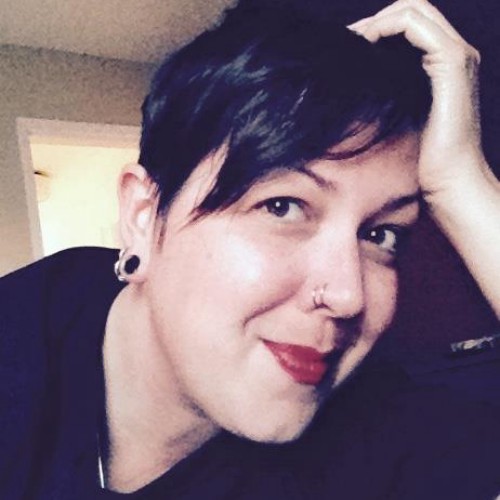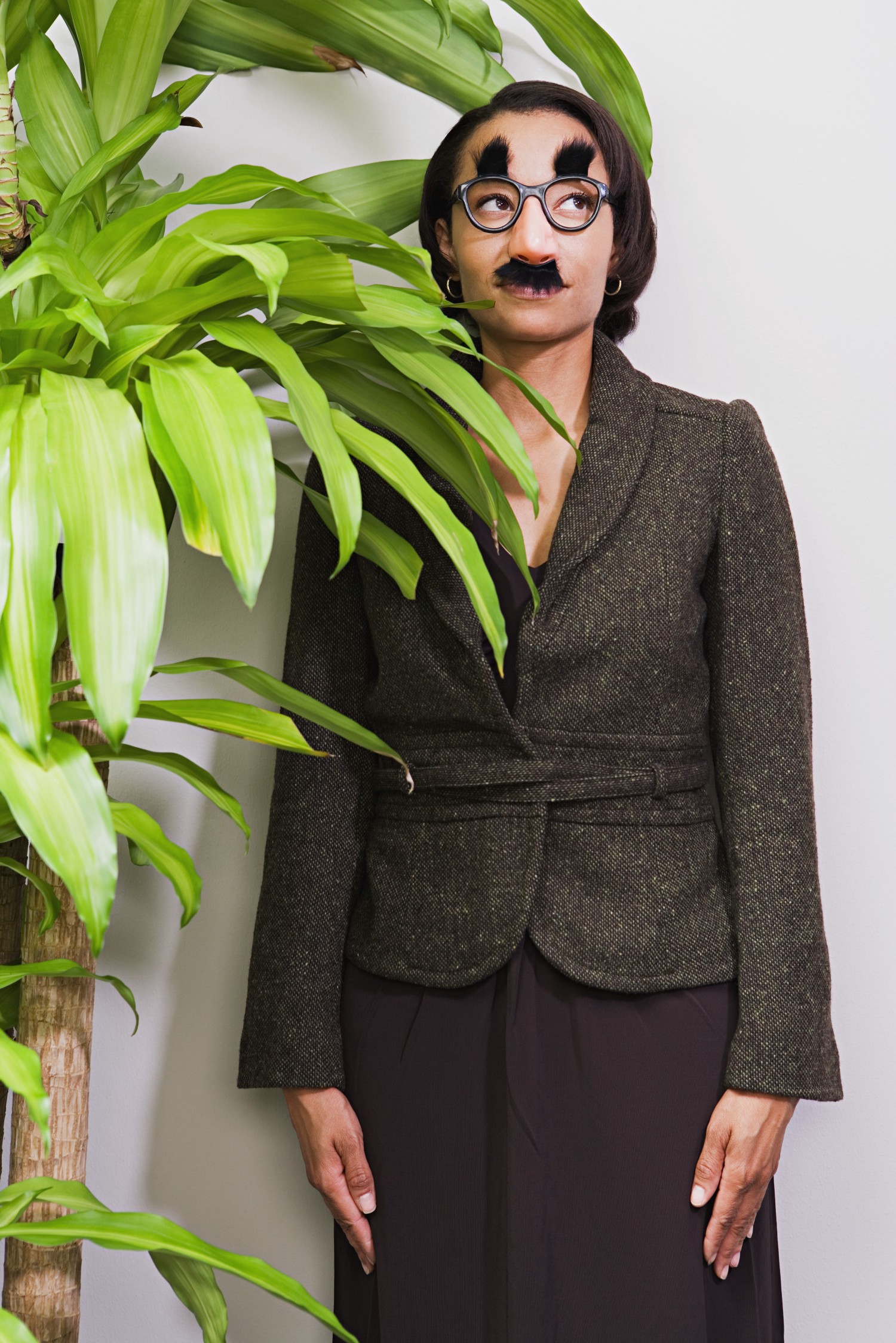When I was hired as a technical translator, when I was invited to speak to a university sociology class, when I ran my first half marathon, when I sent out my first writing pitch… these things share a common thread. In every one of those instances (and countless more) I have felt like a fraud. In some cases I felt like I would be found out as completely unqualified to be in the role, and in the case of the half marathon I felt like praise for finishing was undeserved because clearly if *I* could do it, it wasn’t that difficult. I’ve had these experiences throughout my adult life and it wasn’t until recently that I began to see terms that encapsulated the feelings I was experiencing: ‘The Fraud Police’, ‘Impostor Syndrome’, and my own addition: ‘the black dogs of doubt’.
I have reined myself in over the years because I have doubted my entitlement to my own skills and interests. Particularly in terms of creative spaces, I have counted myself out, and I am far from alone. One day I received a text from someone recommending a book to me and the serendipity of walking by a bookstore when that text came in was impossible to resist. In Amanda Palmer’s book ‘The Art of Asking’, she talks about her own experience with The Fraud Police and while her message of participating in a culture of sharing was inspiring to me, the message I really needed to hear was that it was time to get out of my own way.
What would happen if I decided to take the risk of believing in myself rather than listening to that voice that wanted to tell me I didn’t belong? I began to ask myself some questions to see if I could forge a new path that brought less doubt and more joy.
What makes me feel good?
That was a good place to start because it wasn’t about trying to admit that I’m good at something, it was simply about acknowledging where my joy exists. Writing and working with people (whether that’s parenting, teaching or working as a birth doula) were at the top of that list. Other creative pursuits like dancing, playing my piano and painting also came to mind.
What about The Fraud Police?
The fake it ‘till you make it mentality has some really useful applications in life, and re-writing negative self talk is my favorite place to put it to work. Because I realized that I was the one feeling like an impostor, I had to take myself through this exercise under the assumption that I was not an impostor to see how it played out.
How do these joys fit into my life right now?
I took stock of these sources of joy and was surprised to observe that the amount of joy something brought me was inversely proportional to how much room I was giving it. That was a sobering moment given that life is not a dress rehearsal. Suddenly my fears around being an impostor were dwarfed by my fears of looking back on a life un-lived. Something definitely had to change.
What is one tangible thing I can do, right now, to put something that brings me joy into focus in my life?
Cue the immediate return of Impostor Syndrome. A hamster wheel of thoughts started spinning out in my mind. What about rejection?! What if someone finds me out?! But I had to focus on the question, not the fears. I had recently been told about an upcoming art show of non-juried community contributions. I have some paintings which I’ve never thought to offer up for public consumption. I can’t presently imagine genuinely feeling entitled to counting myself as part of the artist community. Perfect.
What would happen to me if this crashes and burns?
This turned out to be one of the most powerful questions of the bunch. When I talked myself through the worst case scenario of somehow hearing that my painting was generally agreed upon to have no business hanging in the show, would my feelings hurt? Of course. Would I still be allowed to paint? Of course! Would my important people stop loving me? No. Would I be in danger? Absolutely not. Here’s the thing. As social animals, we’re hard-wired to worry about what other people think. Our very survival once depended on being accepted within our community, and the instincts that go along with that are powerful. In this case though, lizard brain, I’m safe even if my ego gets bruised, thanks. I felt small and vulnerable but if I wanted to live differently I had to just sit with those feelings and act anyway.

I submitted one piece to this art show, signed up for a volunteer shift, and promptly developed heartburn. A few weeks later the art show was hung, a week after that it was my turn to volunteer at the show, and when I arrived I realized I was sharing the shift with another artist. A really experienced artist. Within moments she asked me if I had a piece in the show. I took a breath and decided I would out myself to her, worrying that this would be the moment my impostor fears would manifest. Do you know what happened? She complimented the feel of my painting and started talking with me about art. There was no fawning over my piece, no lavish compliments to quiet my Impostor Syndrome once and for all, but there was acceptance. I had allowed myself to take up space in that art show, and no one told me I shouldn’t be there.
In her book ‘Daring Greatly’, Brené Brown says:
“Because true belonging only happens when we present our authentic, imperfect selves to the world, our sense of belonging can never be greater than our level of self-acceptance.”
There was so much for me to contemplate after the experience of sitting the art show and being referred to all day by patrons as an artist. It caused me to ask myself what else my fears had limited. This exploration is ongoing and I continue to be excited as I discover ways my self-acceptance can create space and opportunities. More and more that balance is shifting, the things that bring me joy are taking up more room, and the whole landscape of my life is changing to one that feels like it is mine and I am living it.
So what would happen if you asked yourself these questions? Do you feel that spark of possibility? A tempting what-if? It will look different for everybody. Maybe you hold yourself back from sharing your ideas at work. Perhaps you’ve decided not to put your name in for that promotion or exciting opportunity. It could be that you have a creative passion but you keep it to yourself because you don’t think anyone wants to see / hear / read it. The thing is, there is no amount of praise or recognition that will permeate self-doubt, so we have to find the path to believing in ourselves; to get off our own backs so that we can claim space in the areas that bring us joy. When we do, we will thrive.

Originally published at medium.com


